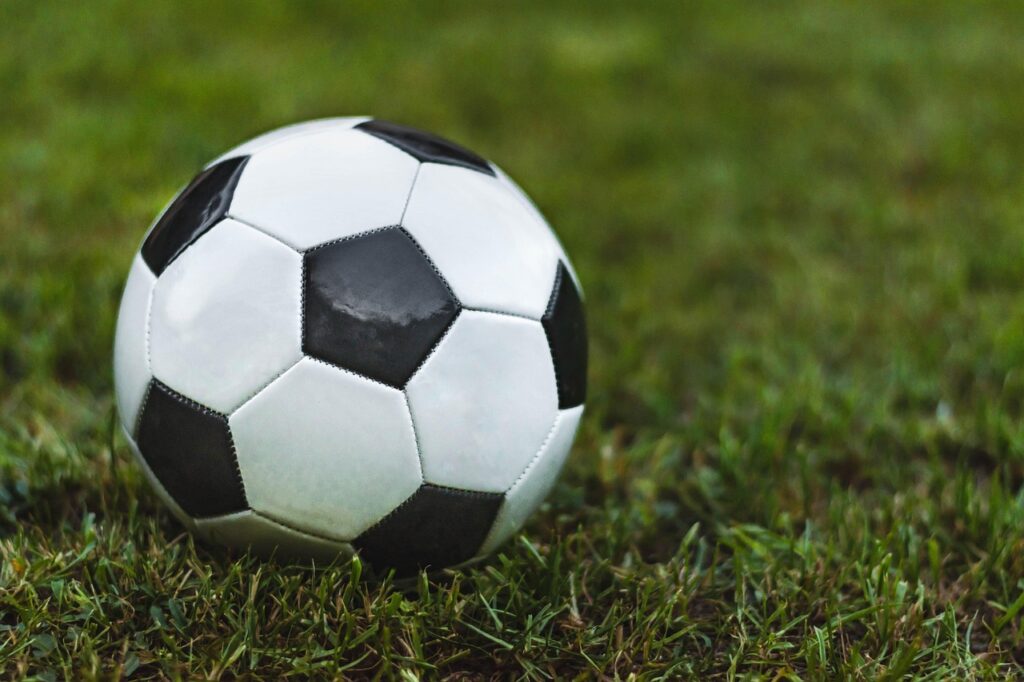In the Western Balkans, history has left deep scars. Ethnic tensions, political divisions, and lingering mistrust continue to shape relationships across the region. But amid these challenges, one powerful and often underestimated tool for peacebuilding is making a quiet comeback: sport.
Sport has the unique ability to transcend language, religion, and national borders. It speaks in goals, teamwork, and fair play — values desperately needed in a region where reconciliation is still a work in progress.
Football, basketball, volleyball – you name it. Sports tournaments in the Western Balkans already bring together youth from different backgrounds. Initiatives like Football for Peace, Open Fun Football Schools, and regional youth leagues have created safe spaces where young people can meet, compete, and learn to respect one another – not through lectures or politics, but through shared experience on the field.

When a player passes the ball to someone from “the other side,” or when teammates from different ethnicities celebrate a win together, something powerful happens: mistrust turns into cooperation, and prejudice gives way to camaraderie.
Sport isn’t just about physical activity. It’s a platform for communication, leadership, and empathy. It teaches young people how to handle pressure, respect rules, and resolve conflict – not with violence or hatred, but with strategy, discipline, and teamwork.
Post-conflict societies like those in the Balkans need these soft skills just as much as they need jobs or infrastructure. Sport helps develop emotionally intelligent leaders – exactly the kind of youth who can build a peaceful and democratic future. In cities like Mostar and Vukovar, mixed teams have shown that cooperation is not only possible – it’s inspiring. Coaches from different communities often serve as role models, showing that respect and tolerance are not weaknesses, but strengths.
These programs often go beyond the games themselves. Joint camps, educational workshops, and social events allow participants to talk openly about the past, share personal stories, and begin to understand each other’s perspectives.
For sport to truly drive reconciliation, it needs support and vision. That means:
- Investing in cross-border youth tournaments and training camps
- Supporting inclusive sports clubs and school programs
- Training coaches to act as peacebuilders and role models
- Promoting mixed-gender and multiethnic teams
- Including sport in youth policy and peacebuilding strategies at local and regional levels
Young people in the Western Balkans don’t need to be told about the past – they live with its consequences every day. But they also hold the power to shape a different future. By coming together through sport, youth are proving that trust can be rebuilt, not with empty promises, but with shared goals – both literal and symbolic. As one young participant in a regional football tournament said:
“We grew up being told we were different. But on the field, we pass the same ball, wear the same jersey, and cheer together. That’s how trust starts.”